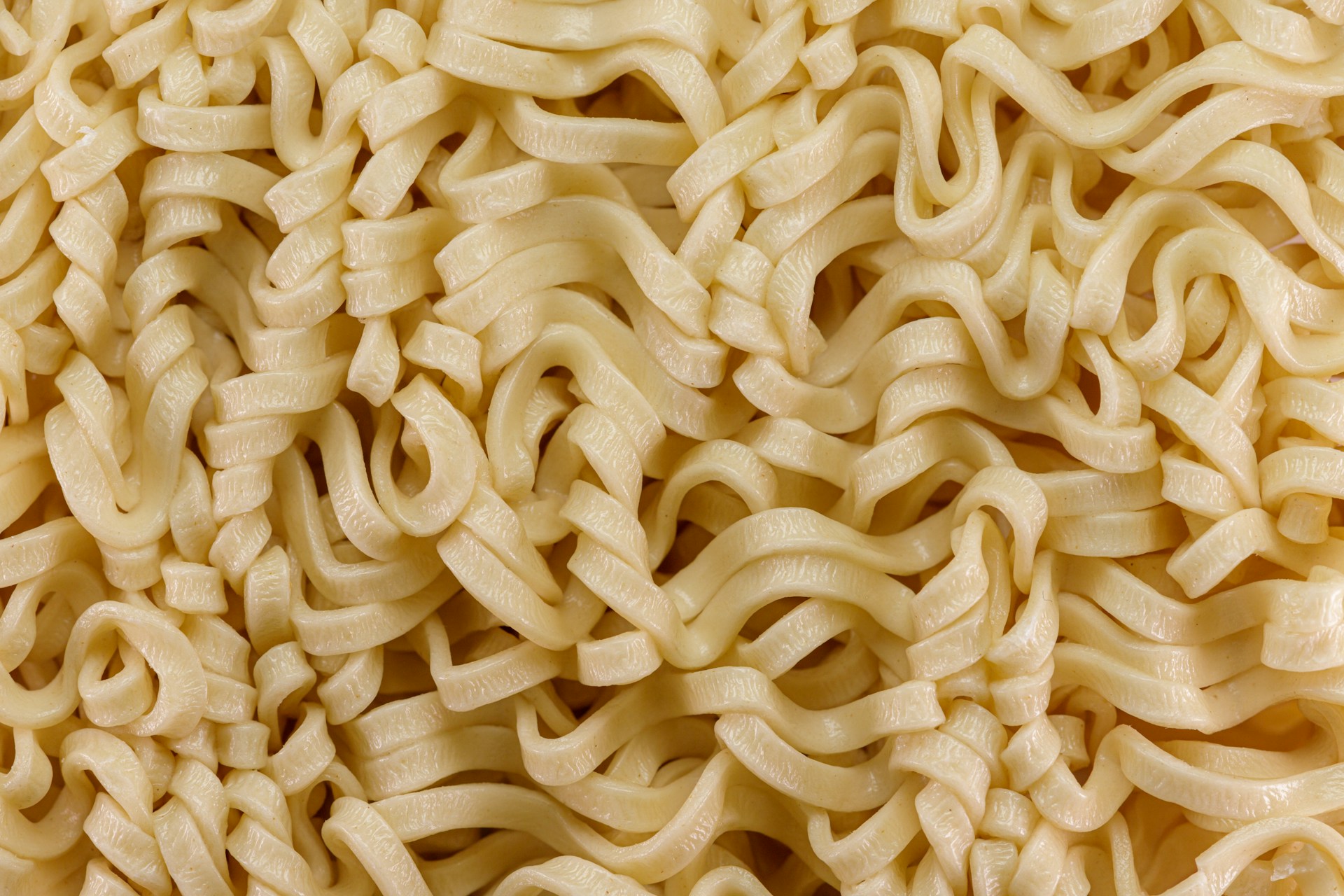Health
Preventing Falls: Safety Tips for Seniors to Stay Upright and Independent

Ah, the golden years! A time to kick back, relax, and enjoy the fruits of our labor. However, as we age, there’s one thing we need to be extra cautious about: falls. That’s right, my fellow seniors, a simple slip or trip can lead to serious consequences for our health and independence. But fear not! I’ve got some handy tips to help you stay upright and maintain that hard-earned freedom.
1. Get Moving, But Do It Safely
Exercise is crucial for maintaining strength, balance, and flexibility as we age. However, it’s important to choose activities that are safe and appropriate for your fitness level. Consider low-impact exercises like walking, swimming, or tai chi. And remember, always consult your doctor before starting any new exercise program.
2. Put Your Best Foot Forward
The right footwear can make a world of difference when it comes to preventing falls. Look for shoes with non-slip soles, good arch support, and a secure fit. Say goodbye to those old, worn-out sneakers and hello to a sturdy pair of kicks that’ll keep you steady on your feet.
3. Light Up Your Life
Poor lighting can be a major culprit in falls, especially for those of us with aging eyes. Make sure your home is well-lit, with bright bulbs and nightlights in hallways, staircases, and bathrooms. And don’t forget to keep a flashlight handy for those midnight snack runs!
4. Clear the Clutter
A tidy home is a safe home. Keep walkways clear of clutter, cords, and loose rugs. Rearrange furniture to create open pathways, and consider installing handrails or grab bars in tricky spots like stairs and bathrooms.
5. Get a Grip in the Bathroom
Speaking of bathrooms, they can be particularly hazardous with their slippery surfaces. Invest in non-slip mats for the shower and tub, and consider installing grab bars near the toilet and in the shower to provide extra support.
6. Keep Your Eyes on the Prize
Regular eye exams are essential for maintaining good vision and spotting any potential issues that could contribute to falls. Make sure your eyeglass prescription is up-to-date, and consider investing in a pair of glasses specifically for reading or computer use.
7. Fuel Your Body Right
A balanced diet is key to overall health and well-being, and it can also help prevent falls. Make sure you’re getting enough calcium and vitamin D to keep your bones strong, and stay hydrated to avoid dizziness and disorientation.
8. Check Your Meds
Some medications can cause dizziness or drowsiness, increasing the risk of falls. Talk to your doctor about any potential side effects, and ask if there are alternative medications or adjustments that can be made to minimize these risks.
9. Stay Social
Engaging with friends, family, and community can do wonders for our mental health and well-being. Plus, having a strong support network can help keep us accountable for our safety and encourage us to stay active and healthy.
10. Know When to Ask for Help
There’s no shame in asking for a helping hand when we need it. If you’re feeling unsteady or unsure about a task, reach out to a friend, family member, or caregiver for assistance. Remember, it’s better to be safe than sorry!
By following these tips, we can continue to enjoy our golden years with confidence and independence. So, let’s raise our (non-slip) glasses to staying upright and living life to the fullest!

Health
Discover 18 Proven Strategies to Reduce Your Blood Pressure Naturally

High blood pressure, clinically known as hypertension, is a silent risk factor for severe conditions such as heart disease and stroke. It is typically characterized by a blood pressure reading of 130/80 mm Hg or more. However, even an elevated reading of 120-129 over less than 80 is a signal of impending hypertension. While medications can be beneficial, several lifestyle modifications can also contribute to managing your blood pressure effectively.
The realm of physical fitness provides a solution in the form of both aerobic and resistance exercise. These forms of exercise have been linked to blood pressure management, with the benefits persisting for up to 24 hours post workout. Engaging in a regular exercise regime reinforces the heart, reducing the effort it takes to pump blood and reducing pressure on arteries. The CDC advocates for at least 150 minutes of moderate-intensity exercise each week, split into approximately 30 minute sessions every day.
“Regular exercise means you regularly increase your heart and breathing rates. Over time your heart gets stronger and pumps with less effort. This puts less pressure on your arteries and lowers your blood pressure.”
Managing your body weight is another crucial step towards a healthier blood pressure. Excess body weight exerts an undue strain on the heart and the cardiovascular system, pushing up blood pressure levels. If your Body Mass Index (BMI) is 25 or higher, a weight loss of just 5-10% can significantly lower blood pressure and reduce your risk for other health problems.
The magic of cacao could also be of help, coming packed with flavonoids – an antioxidant that can assist in lowering blood pressure. These flavonoids work by dilating or enlarging your blood vessels. However, the American Heart Association warns that while a little dark chocolate might not be detrimental, the quantity consumed daily is unlikely to deliver enough flavonoids to yield health benefits. Overindulging in chocolate, especially those laden with sugar, fat, and calories, could negate any potential benefits.
An everyday staple, caffeine, has a mixed role in blood pressure regulation. For regular coffee drinkers consuming up to 4 cups daily, there’s typically no subsequent rise in blood pressure. But for non-regular coffee drinkers, even a small amount could hike blood pressure levels. High-caffeine energy drinks, in particular, are associated with increased blood pressure and pose cardiovascular risks.
If you need to lower your blood pressure quickly, resorting to quiet sitting and breathing exercises could help. Those with pre-existing medical conditions may have to rely on their prescribed medication. Immediate medical attention is advised for blood pressure readings exceeding 180/120, classified as a hypertensive crisis and a significant health threat.
“While research suggests that drinking 500ml of water within 2 hours of waking up and another 550ml 2 hours before bedtime may help reduce blood pressure, more research is needed.”
Managing blood pressure is an ongoing process that requires consistent lifestyle adjustments, regular exercise, a healthy diet, and mindfulness of one’s habits. Always consult with your healthcare provider to understand your individual blood pressure targets and the best ways to achieve them.
Let us know what you think, please share your thoughts in the comments below.
Health
Unlock Brain Health Secrets: Everyday Kitchen Staple Can Reduce Dementia Risk

In the quest to mitigate the rising prevalence of Alzheimer’s disease and other forms of dementia, a new study published on May 6 in JAMA Network Open delivers some promising news. It reveals that the daily consumption of about half a tablespoon of olive oil may play a significant role in reducing dementia-related mortality. This study is among the pioneer research works to delve into the relationship between diet and death related to dementia.
The research tracked around 90,000 participants over nearly 30 years, discovering that a daily consumption of seven grams of olive oil was correlated with a decreased mortality risk from dementia. Additionally, replacing mayonnaise or margarine with olive oil appeared to present similar protective effects. These intriguing results were first unveiled on July 23 at NUTRITION 2023, a yearly gathering of the American Society of Nutrition, before being scrutinized and approved by peer review.
“In our study, we see that dietary guidelines recommending vegetable oils like olive oil not only buttress heart health but could also potentially prop up brain health,” proclaims Anne-Julie Tessier, RD, PhD, a postdoctoral fellow at the Harvard T. H. Chan School of Public Health and the presenting author of the study. “Opting for olive oil, a natural product, instead of fats such as margarine and commercial mayonnaise is a sensible choice which may lower fatal dementia risk.”
Dementia is an overarching term for a series of conditions characterized by a significant impairment in thinking and remembering abilities to the extent that it interferes with daily activities. The most prevalent type of dementia is Alzheimer’s disease, which affects over 6 million Americans and is considered fatal due to its incurability.
The research participants, who were more than 90,000 Americans, were tracked by the study over three decades, with a majority of them being women. Starting from 1990, they provided dietary information every four years which facilitated researchers in understanding their general diet and the frequency of their olive oil consumption. It was found that 4,749 participants died from dementia during the study.
Notably, participants who consumed more than half of a tablespoon of olive oil each day had a 28% lower risk of dying from dementia than those who never or seldom consumed olive oil. Moreover, substituting about one teaspoon of mayonnaise or margarine a day with olive oil led to an 8-14% lower risk of fatal dementia, independent of the overall quality of the diet, as per the researchers.
The research also points out that those who died of dementia were more likely to have the APOe4 gene, which increases Alzheimer’s disease risk and triggers higher cholesterol production in the body. Even after adjusting for this gene, the results remained consistent.
While the research cannot definitively prove that olive oil reduces the risk of fatal dementia due to its observational nature, it does suggest that olive oil may contain beneficial properties for brain health, in addition to its established heart health benefits.
Tessier added, “Some antioxidant compounds in olive oil can cross the blood-brain barrier, potentially exerting a direct effect on the brain. Olive oil might also indirectly benefit brain health by improving cardiovascular health.”
The current Dietary Guidelines for Americans already advocate for the substitution of saturated fats with unsaturated fats like olive oil to decrease harmful LDL cholesterol levels in the blood and curb the risk of cardiovascular disease.
A 2021 study in the Journal of the American College of Cardiology found that the same amount of olive oil used in the new study was associated with a 14% lower risk of heart disease compared to no olive oil consumption. Additionally, olive oil has been demonstrated to reduce inflammation and cut down the risk of type 2 diabetes. It has also been associated with an 8–34% lower risk of death from all causes—including cancer, neurodegenerative diseases, and respiratory diseases—when it replaces other fats like mayonnaise, butter, and margarine.
Despite these promising findings, further research is required to confirm olive oil’s impact on brain health and dementia-related death and to potentially determine the optimal quantity of olive oil intake. However, this new research aligns with existing dietary recommendations and provides further evidence for favoring olive oil over less-healthy fats. It also holds out the possibility that adopting healthy eating habits, including the inclusion of olive oil, can help prevent or slow the progression of dementia.
Let us know what you think, please share your thoughts in the comments below.
Health
Centenarian’s Daily Diet Secrets for a Lifetime of Health

One’s biological clock can’t technically be unwound, but incorporating healthy habits today can potentially extend your lifespan. Consistently sticking to a sleep schedule, consuming a well-rounded diet, and regular physical activity are all fundamental factors for longevity. Other key lifestyle changes, such as limiting alcohol consumption and effectively managing stress, could reduce your risk of developing certain health conditions. Yoshiko Miwa, a 110-year-old supercentenarian, however, suggests her long and healthy life can be attributed to her favorite food group: noodles.
Miwa recently commemorated her 110th birthday with her family at the Gardena Buddhist Church in California. The celebration was graced by the presence of her three sons, 10 grandchildren, 20 great-grandchildren, and a great-great-grandchild.
“I’ve been fortunate that my sons, my grandchildren, my great grandchildren and relatives have always been there for me,” said Miwa in a conversation with TODAY.com after her milestone birthday.
Miwa, a survivor of major historic events including the Spanish Flu, prohibition, Black Tuesday, both World Wars, and Poston Internment Camp, holds the title of the oldest living individual of Japanese lineage in the United States, according to Gerontology Research Group. She is a part of a seven-sibling family, the children of Japanese immigrants. After completing high school, she pursued business studies at the University of California, Berkeley.
When asked about her incredible health at such an advanced age, Miwa attributed it to maintaining a positive mindset and a balanced diet. Despite her age, she continues to stay physically active and monitor her food intake, still managing to enjoy her preferred dishes.
Miwa revealed to TODAY.com that if she had to attribute her longevity to one food group, it would undoubtedly be noodles. She makes it a point to include noodles in her diet at least once every day, and it’s the primary component in many of her favourite meals.
“Today, I like spaghetti, udon, ramen, soba, and any other kind of noodles,” she revealed.
The types of noodles Miwa enjoys vary in preparation. Ramen noodles are typically served in a soup, while udon and soba, both Japanese noodle varieties, can be served hot or cold. Udon noodles are characteristically thicker and made of wheat flour, while soba noodles, similar to spaghetti in size, are created from buckwheat flour, as stated by Japan Guide.
Miwa’s fondness for noodles stems from her childhood memories. Growing up in the Guadalupe Buddhist Church’s children’s home, making and eating noodles became one of her most cherished moments.
“When I was in the children’s home, the cook used to make noodles and I used to love them,” she fondly remembered.
Beyond noodles, Miwa’s longevity is also bolstered by her array of hobbies including reading, sewing, and ikebana (the art of flower arranging). Prioritizing rest and faith also play significant roles in her life. Each week in her care facility, she visits the hair salon and attends religious services every Sunday.
One of her most powerful motivators for living a wholesome life is her family.
“Because my mother died so young, I have never enjoyed the warmth and love of a family unit,” she wrote in her autobiography, according to TODAY.com. “Later, when I had my children, I keenly felt the wholesomeness of a complete family.”
Let us know what you think, please share your thoughts in the comments below.
-

 Health7 months ago
Health7 months agoPreventing Falls and Injuries for Seniors
-

 Nutrition4 months ago
Nutrition4 months agoThe Aging Secret of Vitamin D Unveiled
-

 Nutrition8 months ago
Nutrition8 months ago5 AMAZING Dinner Recipes That Are Also HEALTHY
-

 Health5 months ago
Health5 months agoDownsizing Tips: Simplifying Your Lifestyle
-

 Health3 months ago
Health3 months agoBoost Your Heart Health: Simple Tips for Seniors
-

 Health5 months ago
Health5 months agoRespiratory Health: Breathing Exercises for Seniors
-

 Movement5 months ago
Movement5 months agoChair Exercises: Staying Active While Seated
-

 Health2 months ago
Health2 months agoKate Middleton’s Health: Royal Recovery, Photo Controversy and Public Speculation